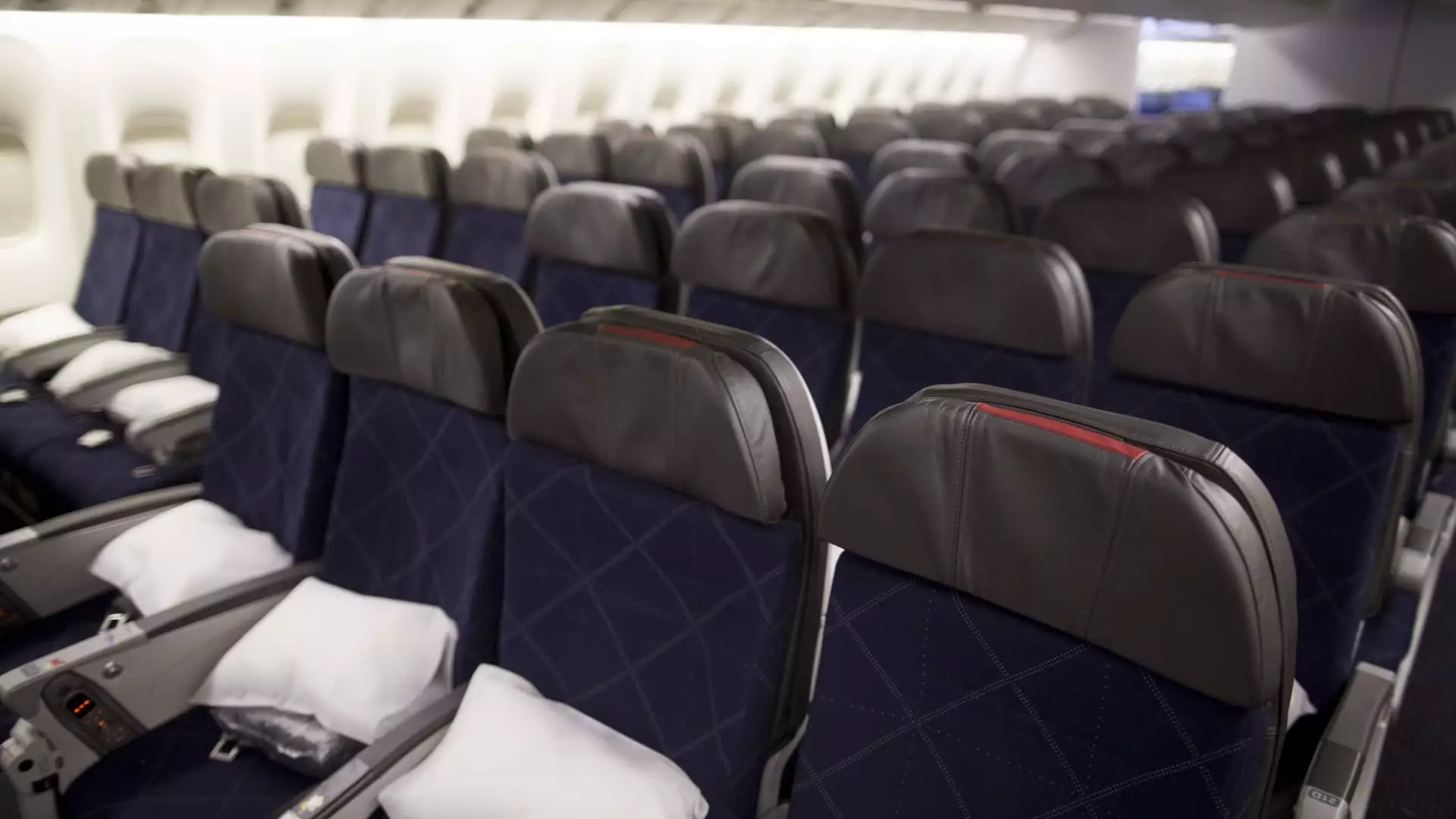In a financial landscape where profitability often dictates business strategies, U.S. airline executives are preparing to face scrutiny over their controversial seating fees in a forthcoming Senate panel. The Senate Permanent Subcommittee on Investigations has raised eyebrows, labeling these charges as “junk” fees – a term used to describe unnecessary and sometimes deceptive transactions that padding corporate revenue. From 2018 to 2023, airlines such as American, Delta, United, Spirit, and Frontier collectively generated a staggering $12.4 billion through these fees, according to a report released on November 26.
This revenue surge raises significant questions regarding consumer rights and transparency. Passengers are often confronted with various fees for what were once standard inclusions in ticket prices—such as seat selections. It’s a trend that reflects a broader paradigm shift in the airline industry, where add-on charges are becoming a norm rather than an exception. For many travelers, understanding the total cost of their journey has become increasingly convoluted. Indeed, the limited transparency in how these fees are disclosed can lead to bewilderment for customers.
In light of this scrutiny, airline executives have mounted a defense of their fee structures, framing them as optional services designed to cater to customer preferences. Stephen Johnson, the Chief Strategy Officer at American Airlines, stated that their seating options are voluntary, asserting that customers who prefer certain seat locations are willingly choosing to pay for enhanced experiences. This point raises an interesting discourse: while it’s true the seat fees are optional, the economic pressure on consumers can make that choice feel less voluntary.
There is also the question of communication—airlines argue that they clearly indicate which fares come with additional charges for seat selections and baggage. However, the reality is that consumers often find themselves overwhelmed by the myriad of options presented during the booking process, obscuring their ability to make informed choices. The Biden administration’s promise to tackle junk fees in the airline sector is indicative of growing concern over this issue, reflecting the potential for regulatory changes that could reshape these revenue practices.
Adding to the complexity of this situation is the emergence of carriers like Spirit and Frontier, known for their low-cost hitch approaches. These airlines pioneered the fee-based financial model in the U.S., prompting traditional airlines to follow suit with less inclusive fare structures. Yet, the industry’s reliance on ancillary revenues can lead to unpredictability, as evidenced by Spirit Airlines’ recent filing for Chapter 11 bankruptcy amidst fierce competition and shifting consumer expectations.
As airlines grapple with maintaining profitability while also addressing consumer pushback against high fees, the industry may face an imperative to evolve. The potential for regulatory interventions could force airlines to re-evaluate their operating models. Whether this leads to a return of more inclusive fare strategies or a persistent embrace of the fee-laden approach remains to be seen, but one thing is evident: the conversation surrounding airline fees will not dissipate quietly. In an age of increasing consumer awareness and demand for fair practices, the onus is on airlines to find a balance between revenue generation and customer satisfaction.


Leave a Reply